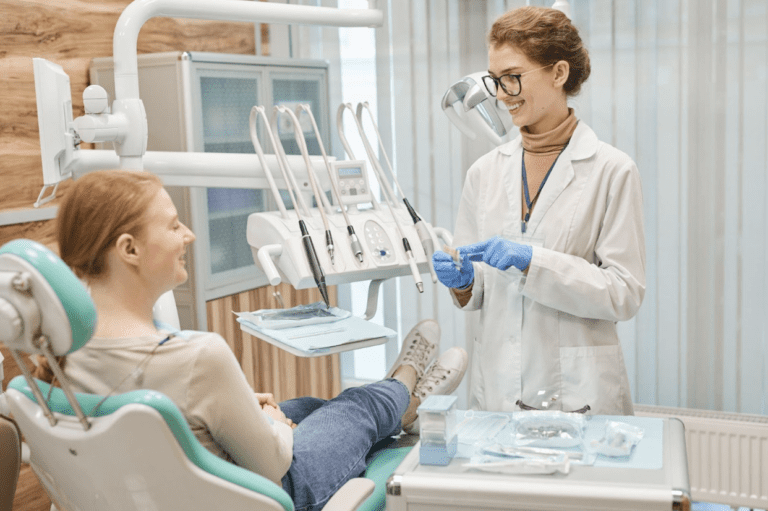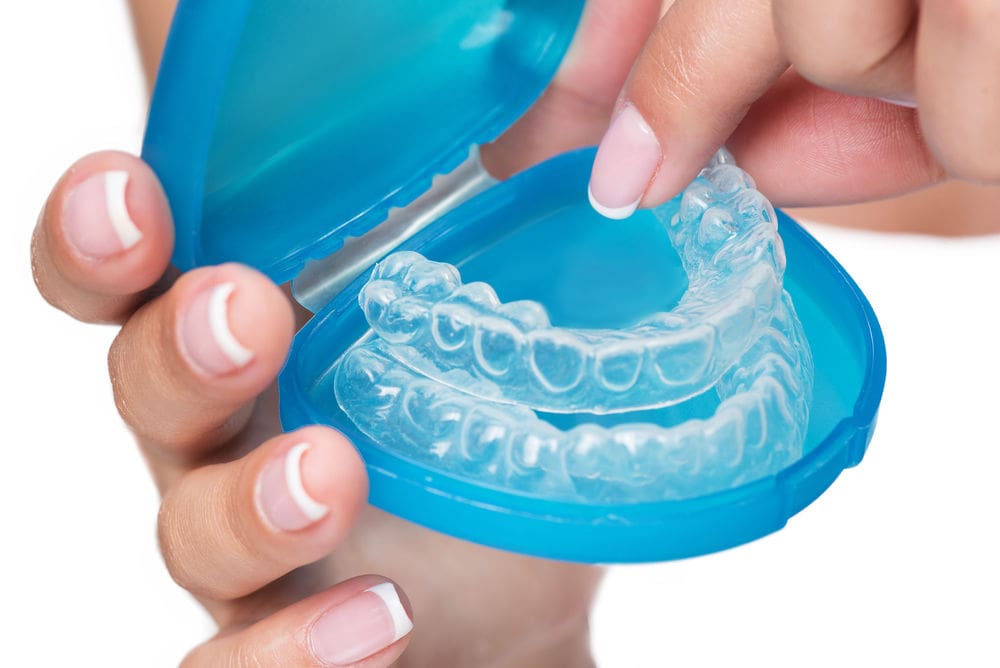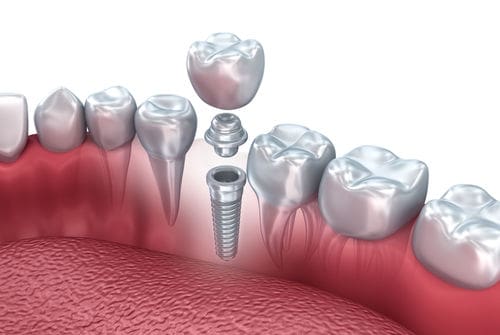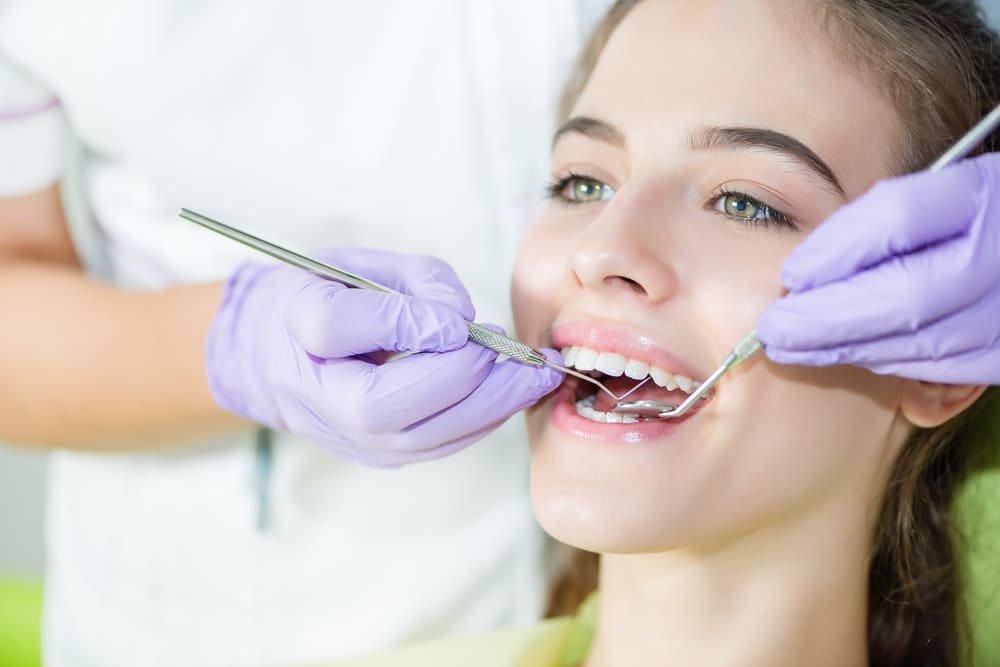A dental hygienist differs from a dentist or orthodontist in the type of work they do. A dentist treats cavities and does other treatments. An orthodontist does braces, but a dental hygienist performs routine cleanings, preventive care, and sometimes tooth extractions. Patients often have questions about what their dental hygienist is doing or why they need certain treatments. Here are three questions your dental hygienist may ask or suggest.
1. Why Your Teeth Feel Sensitive
Asking your dental hygienist about your teeth sensitivity is important because the cause of your sensitivity might be treatable, as is the case with many oral health issues. But if you have an underlying dental health concern, even something that’s difficult to spot, such as periodontitis, it can cause more serious problems in the future.
Sensitive teeth are more common in adults between 20 and 40 years old. This issue can be caused by several factors, including receding gums, acid erosion, toothbrush abrasion, and grinding your teeth during sleep.
If you experience sensitive teeth, we recommend bringing it to your dental hygienist’s attention. Your hygienist may recommend using a new toothpaste or different type of toothbrush, changing your brushing style, applying a topical tooth treatment, or making a few dietary changes to protect your teeth.
2. How Often to Get Dental Cleaning
Your dental hygienist may recommend that your teeth be cleaned more often than the standard six months to a year for various reasons. For example, if you have oral health issues, wear braces, have tooth pain or sensitivity, or have other reasons, your dental hygienist will recommend that you have teeth cleanings more frequently.
A dental hygienist may recommend frequent cleanings for patients with oral health issues, braces, tooth pain or sensitivity, or other reasons. During professional teeth cleaning, you will use a tooth scaler instead of a toothbrush to remove plaque. Your teeth will also be brushed, flossed, and treated with fluoride. This ensures your mouth is healthy and clean.
Ask your dentist how often you should visit for cleanings and if you should increase the frequency. It’s the hygienist’s job to ensure your mouth looks healthy.
3. Why Your Gums Bleed When Brushing Teeth
Gums can bleed for various reasons, from harmless causes to serious concerns. If you notice blood on your gums while brushing or flossing, bring it to the attention of your dental hygienist.
Causes of bleeding gums include the buildup of plaque that causes bacteria to get under the gum line, underbrushing, overbrushing, and inflammation.
One of the most common reasons for bleeding gums is not brushing and flossing. If you don’t brush and floss regularly and thoroughly, your gums become used to the feeling of standard toothbrush bristles. This can irritate when you begin brushing and make your gums reluctant to do their job.
Build up your gums by brushing and flossing regularly to prevent gum disease and effectively clean your teeth. The risk of bleeding will diminish with more thorough cleanings that reduce the risk of gum problems.
Conclusion
If you have any questions about your dental care, speak to your hygienist. They handle the routine care of your teeth and can help you determine the best care plan for your oral health. They also provide oral care guidance and professional advice on preventative dental practices.
Liberia Dental Care provides unique dental treatments to patients of all ages. Our mission is to protect our patients’ dental health through prompt diagnosis and treatment of oral diseases. Our services in dentistry include preventive, corrective, cosmetic, and management techniques. If you need dental care services in Manassas, VA, we can help. Get in touch with us and discover your ideal solution for a healthier smile today!









